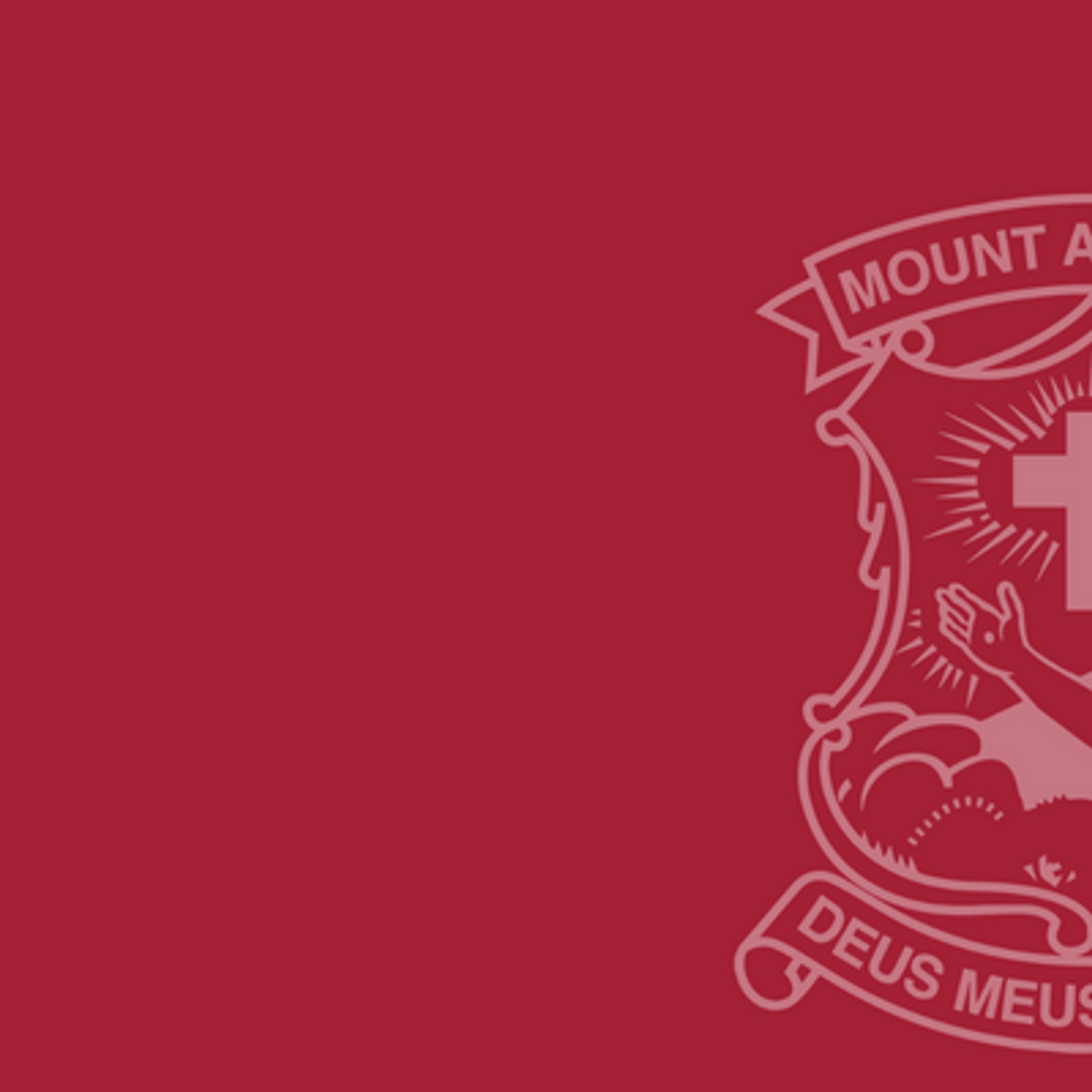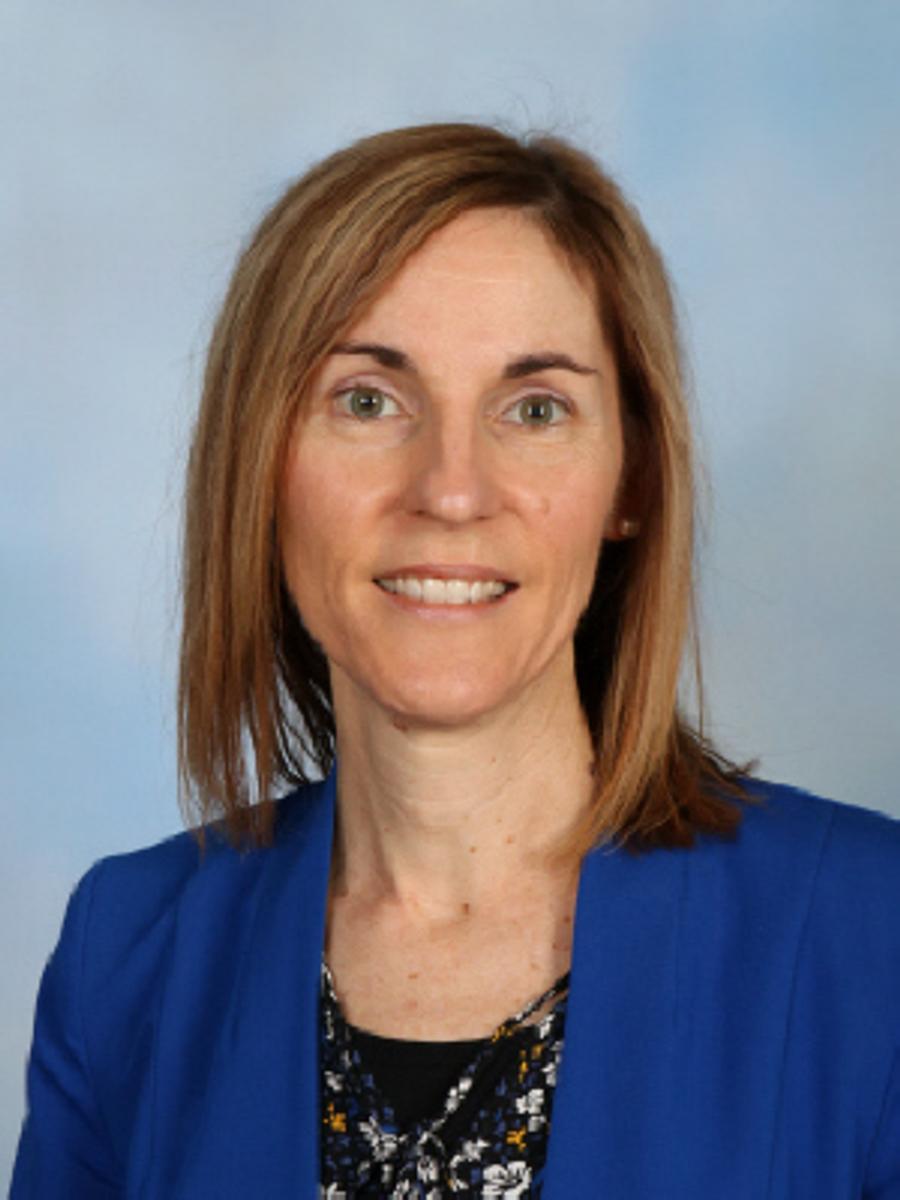From your College Counsellors

As part of the College’s ongoing focus on student wellbeing, a range of sessions have been held in recent months to support students’ awareness of avenues of support if they, or someone they know, are struggling.
This month, in the lead up to the National Association for the Prevention of Child Abuse and Neglect’s (NAPCAN) Child Protection Week (3 – 9 September 2023), we wanted to highlight the valuable role everybody in our community can play in keeping children safe and supported. NAPCAN’s overarching theme is ‘Every child in every community needs a fair go’, and this year the key message across Child Protection Week will be ‘Where we start matters’. So, we thought it was the perfect time to reflect upon ‘where we start’ if ever we have concerns about the wellbeing of a child or young person.
As educators and school staff, we are mandated by law to report suspected child abuse or neglect when we form a reasonable suspicion that a child has been, or is at risk of being, harmed. But what happens when people in our community form such a suspicion in our everyday lives, outside our work roles? Perhaps you are concerned about children in your neighbourhood; a child on your daughter’s soccer team; or one of your child’s friends who spends time in your home. What do we do with that information? How do we react? What social and moral responsibilities do we also carry in relation to the youngest and most vulnerable members of our community?
As a College, we have recently held conversations with our students about the importance of not ‘holding onto’ information about our friends if we are concerned about their mental health or other aspects of their wellbeing. Young people are usually worried about breaking a friend’s trust if they share sensitive information their friend has told them; however, it’s important to reassure a young person that there are certain times or situations when doing so is vital. We’ve seen some heartwarming examples in recent weeks of students coming forward with a friend, supporting them to reach out to a trusted adult in the school community when they’re experiencing a difficult season of life. When this happens, not only does the student in need receive support; but their friend who may have been ‘sitting with’ significant information feels a sense of relief. Friends may be feeling significant pressure under the weight of knowing their friend’s mental or physical wellbeing is at risk. Communicate to your child that you willalways make time to sit and talk through concerns they may have about their own and others’ wellbeing; and where required, share that information with appropriate parties.
If you’re concerned about a child you know, check in with them. If you know their parent / carer, reach out. If there are signs something is not okay, have the courage to explore this further. If you don’t feel comfortable reaching out to the child or parent in that scenario, find another trusted adult to talk through your concerns with.
This could include:
- The child’s Teacher / Coach etc
- A College Counsellor or member of the College Leadership Team
- KidsHelpLine ph: 1800 55 1800
- Qld Department of Child Safety ph: 1800 177 135 (Mon-Fri 9am-5pm)
Visit this website to learn more about the signs of child abuse and neglect, and what to do if you suspect a child is at risk of harm.
Remember – where we start matters 😊
Contact: counsellor@mta.qld.edu.au


